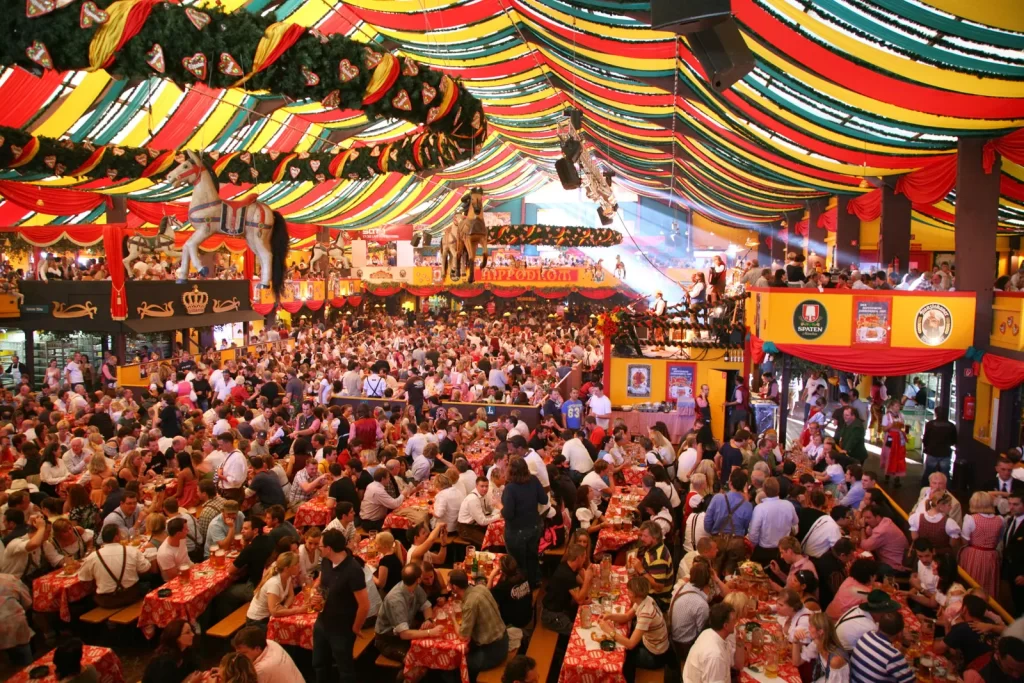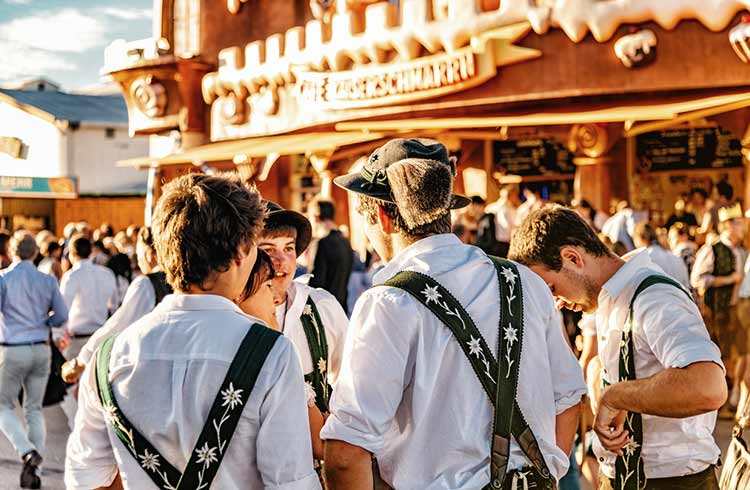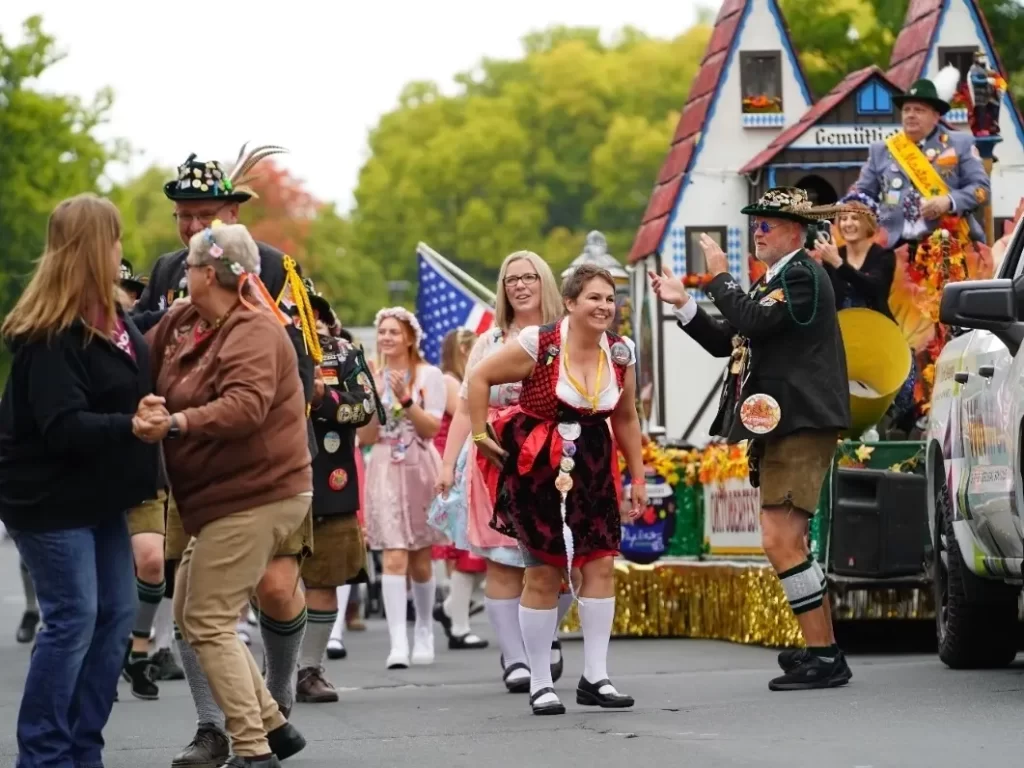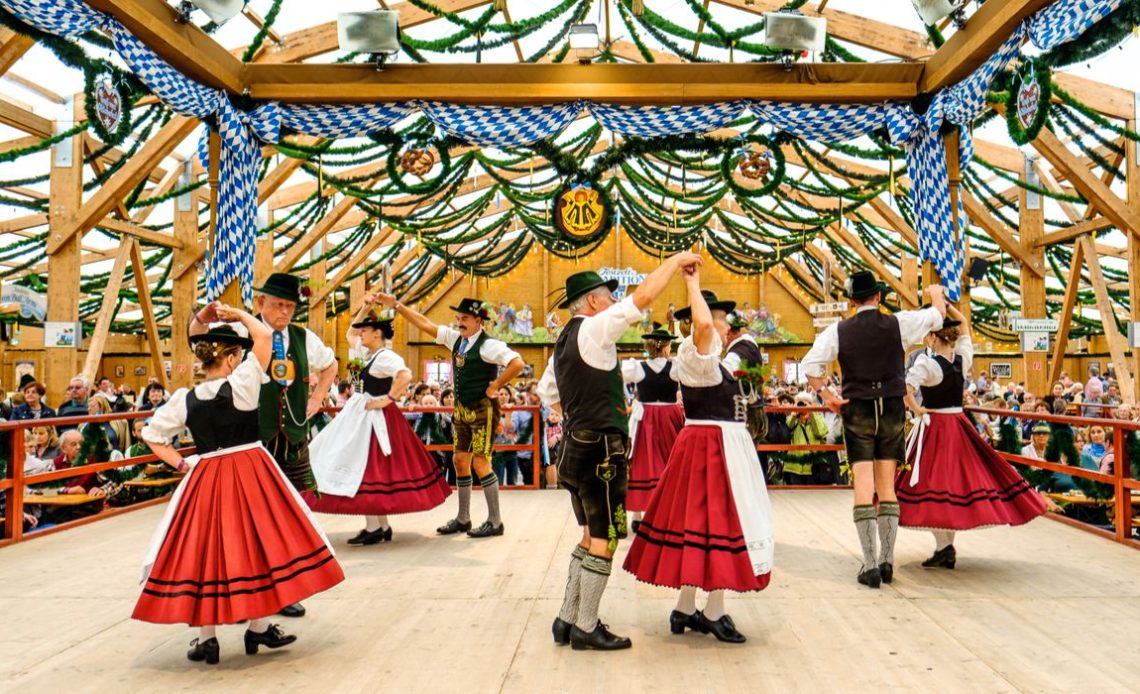As September draws to a close, the city of Munich, Germany, prepares to host the world’s largest beer festival – Oktoberfest. This epochal celebration draws millions of visitors, worldwide, an ensemble of beer lovers, traditional Bavarian music aficionado and those who just want to experience the unique energy at the heart of Germany’s cultural tapestry. In this article, we will explore Thirsty Swagman’s guide on surviving Oktoberfest in Munich, offering essential tips, strategies, and recommendations to ensure a fun, safe, and unforgettable experience at the renowned beer festival.
The History of Oktoberfest
Understanding the historical context of Oktoberfest can enhance your appreciation of the event. It all started in 1810 with the royal wedding of Crown Prince Ludwig of Bavaria. This regal shindig transcended the norm and invited the entire city to participate in the celebration. The ensuing merriment was so stupendous that the Bavarians decided a yearly recurrence was in order. Over centuries, it has evolved into a 16 to 18-day beer-filled festival running from late September to the first weekend in October.
Choosing Your Oktoberfest Tent

As you tread through the reverberating festive grounds of Theresienwiese (the Oktoberfest venue), the first challenge you’ll face is choosing your Oktoberfest tent. There are approximately fourteen large and twenty smaller tents to choose from, each brimming with its distinct character and brewery preference. However, irrespective of your choice, be ready to partake in a colourful cacophony of clinking beer steins, tune of hearty traditional music and an atmosphere infused with camaraderie and high spirits.
Explore Munich During Oktoberfest
During Oktoberfest, Munich transforms into a vibrant, festive city that attracts millions of visitors from around the world. The festival, which runs from late September to early October, is held at the Theresienwiese fairgrounds, where massive beer tents and amusement rides create a lively atmosphere.
Inside the tents, revelers can indulge in traditional Bavarian fare, such as roasted pork knuckles, pretzels, and sausages, while sipping on steins of Oktoberfest beer, specially brewed for the occasion by Munich’s renowned breweries. The tents come alive with the sound of traditional Bavarian music, played by live bands, as people dance and sing along.
Beyond the fairgrounds, Munich’s city center remains a hub of activity during Oktoberfest. Marienplatz, the city’s main square, is filled with street performers, souvenir shops, and people donning traditional Bavarian attire, such as dirndls and lederhosen. The Viktualienmarkt, Munich’s famous outdoor market, is another popular spot to explore local delicacies and soak up the festive atmosphere.
The Oktoberfest Attire

Wearing traditional Bavarian attire, such as Lederhosen for men and Dirndl for women, is an integral and unspoken aspect of Oktoberfest tradition. Donning these outfits not only enhances the cultural immersion but also serves as a respectful nod to the local customs and traditions. Additionally, wearing traditional attire can facilitate introductions and interactions with locals, as they appreciate and acknowledge tourists’ efforts to embrace the festival’s traditional spirit.
Oktoberfest Cuisine
While beer undoubtedly takes center stage, the culinary offerings at Oktoberfest also hold significant importance. The festival’s food lineup features a diverse array of gastronomic delights, including traditional Bavarian specialties like pretzels, sausages, and pork knuckles, alongside international dishes to cater to varied tastes. The experience of dining in at Oktoberfest is just as integral to the festivities as enjoying the beer, creating a harmonious blend of flavors, aromas, and cultural experiences that contribute to the overall enjoyment and immersion in this iconic celebration.
German Phrases To Learn
- Prost (pronounced “prohst”) – Cheers
- Ein Bier, bitte (pronounced “ine beer, bitt-uh”) – One beer, please
- Guten Tag (pronounced “gooten tahg”) – Good day
- Danke (pronounced “dahn-kuh”) – Thank you
- Bitte (pronounced “bitt-uh”) – Please
- Ja (pronounced “yah”) – Yes
- Nein (pronounced “nine”) – No
- Wo ist die Toilette? (pronounced “vo ist dee toy-let-uh”) – Where is the bathroom?
- Ein Tisch für [number] Personen, bitte (pronounced “ine tish fur [number] per-zoh-nen, bitt-uh”) – A table for [number] people, please
- Haben Sie vegetarische Optionen? (pronounced “hah-ben zee veh-geh-tah-rish-uh op-tsee-oh-nen”) – Do you have vegetarian options?
- Ich verstehe nicht (pronounced “ikh fer-shtay-uh nikht”) – I don’t understand
These phrases can be particularly helpful for visitors attending Oktoberfest in Munich, allowing them to communicate effectively and navigate various situations during the festival.
General Tips and Etiquette

Remember, Oktoberfest is an exuberant carnival, not a contest, so don’t try to outdrink locals or you may end up a festivity casualty. Stay hydrated and imbibe the spirit of ‘Gemütlichkeit’ – a state of warmth, friendliness, and good cheer that is the lifeblood of Oktoberfest.
Finally, do remember that a key part of your Oktoberfest survival kit is respect for the locals, their traditions, and the festival rules. By doing so, your first Oktoberfest in Munich is sure to be a memorable one, brimmed with tales replete with frothy beers, traditional Bavarian tunes, and an abundance of good cheer.
To conclude, Oktoberfest isn’t just another beer festival; it’s a grand cultural celebration that needs to be experienced firsthand. We hope this guide assists you in surviving your first Oktoberfest in Munich. Rest assured, those who’ve been to this grandeur, know that it seldom is the last!

